Recycle Group, The Null, NFT
Recycle Group: Null Island
Recycle Group question the nature of the future through tangible materials and digital media such as AR, highlighting the complex relationship between man and machine.
Recycle Group was founded in 2006 by Andrey Blokhin and Georgy Kuznetsov. Together, they question the paradoxical nature of the future and explore the concept of “virtual immortality” to highlight the complex relationship between man and machine. Their works incorporate tangible materials and new digital media such as AR and algorithms. Recycle Group’s works have been shown internationally, including at the Multimedia Art Museum, Saatchi Gallery, Centre Georges Pompidou and the Venice Biennale.
Recycle Group’s inaugural NFT was minted on May 31 in exclusive partnership with Verisart and SuperRare as part of 8×8: 8 genesis NFTs by 8 major artists working with AI, code and digital technologies. Bidding closes around 12pm EDT June 3.
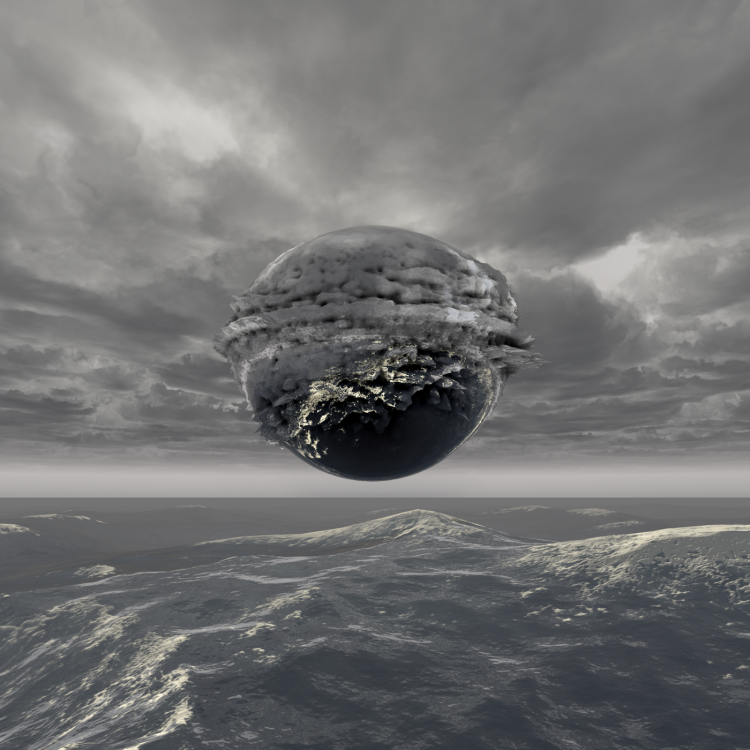
Vinciane Jones, Head of Community at Verisart, spoke to Recycle Group about the origins of their name, the interest in Western Art History, and their inaugural NFT.
Vinciane Jones: Where does the name Recycle Group come from?
Recycle Group: Our first exhibition was called Recycle. We were using recyclable materials and exploring different ideas in terms of reincarnation of materials. We’re often asking the question — can art be recyclable? The answer is yes and no, we’re exploring how this can be developed in the future. However, we are not only focused on recyclable materials, our practice is concerned with the idea of reincarnation and what comes after.
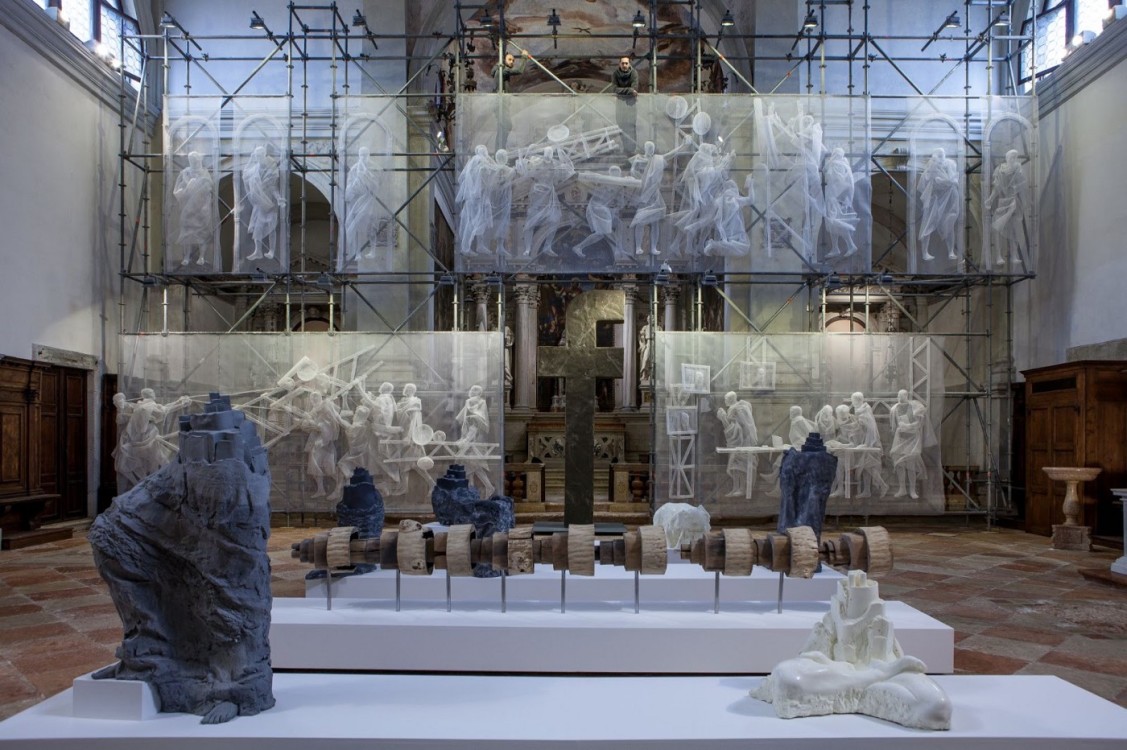
VJ: What happens to works after you finish a show or installation?
RG: We’ve recycled our work in the past. At the moment we’re experimenting a lot. Some of these experiments we keep as works and others are dismantled and recycled. It’s a normal process for us. We think about the whole life cycle of the artwork. For example, if you take a sculpture and put it in a shredder, would it still be art? Our next exhibition in London at Gazelli Art House in November will continue to explore these ideas further.
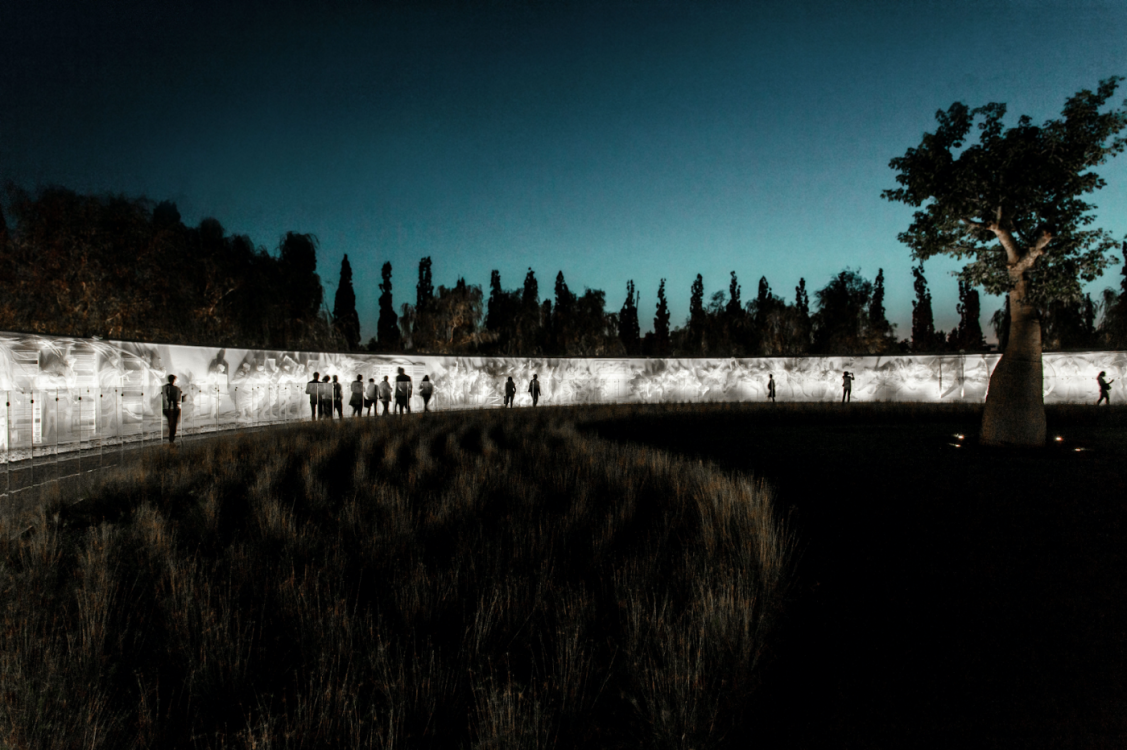
VJ: Several of your works combine references to Western Art History with contemporary materials or subject matter. Why do you draw from Western Art History in particular?
RG: Our parents are artists and as children, we spent lot of time in different artist residencies so we grew up learning about Western History of Art and seeing the works ourselves. We’re very familiar with Western History of Art, especially the history based on religious sculptures and paintings. We often reference these art historical styles in our works because they’re part of our childhood and education.
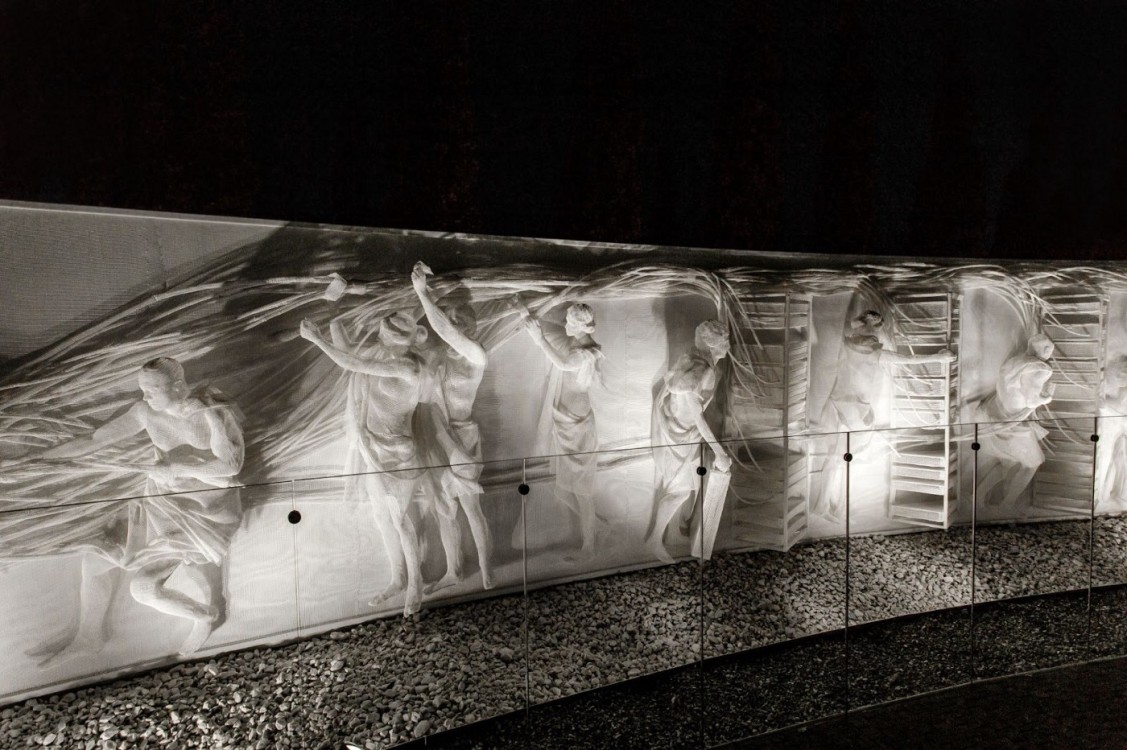
In particular, we often draw on Greek and Roman friezes in our sculptures and installations. We enjoy the idea of using compositional references from some of the oldest civilizations, Ancient Greece, Rome and Egypt, in combination with new materials. It’s our way of bridging the past and present and recreating these works and styles for our current epoch.
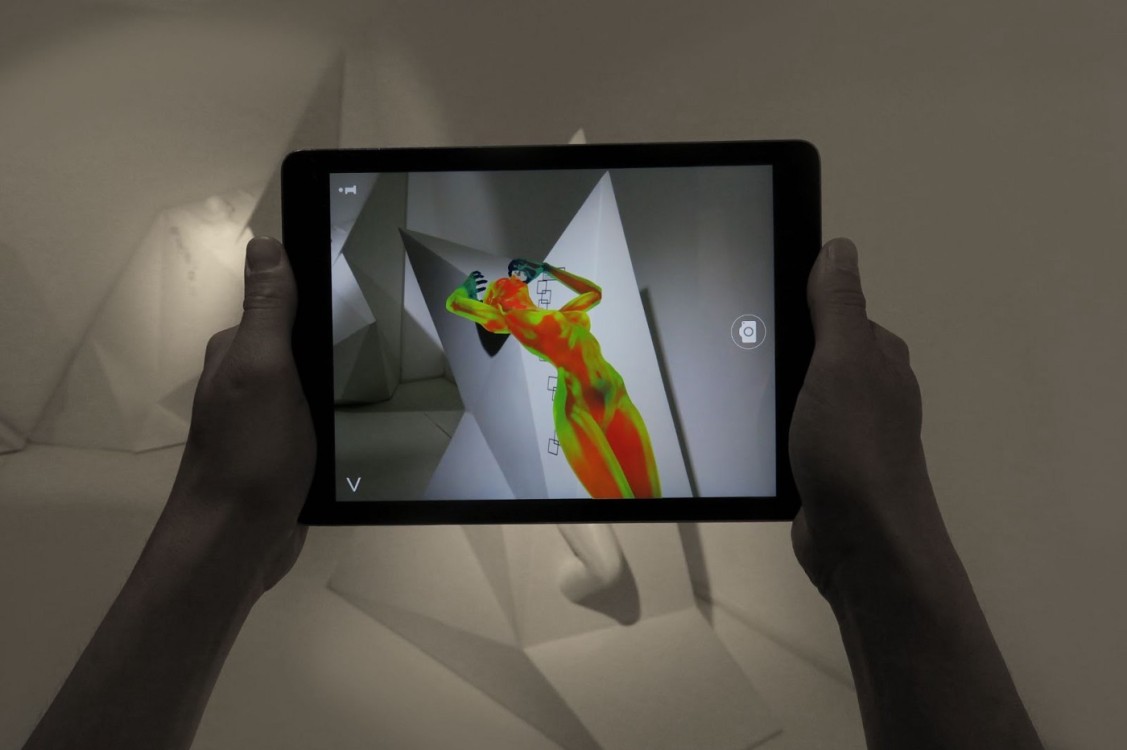
VJ: What do you enjoy about working with AR?
RG: We started working with AR in 2016. We enjoy the fact that while the work interacts with the real world, you don’t have to be concerned with gravity, the object can stay floating forever. We also like the idea that you can place art in different spaces and people can discover your works just by using their phones.
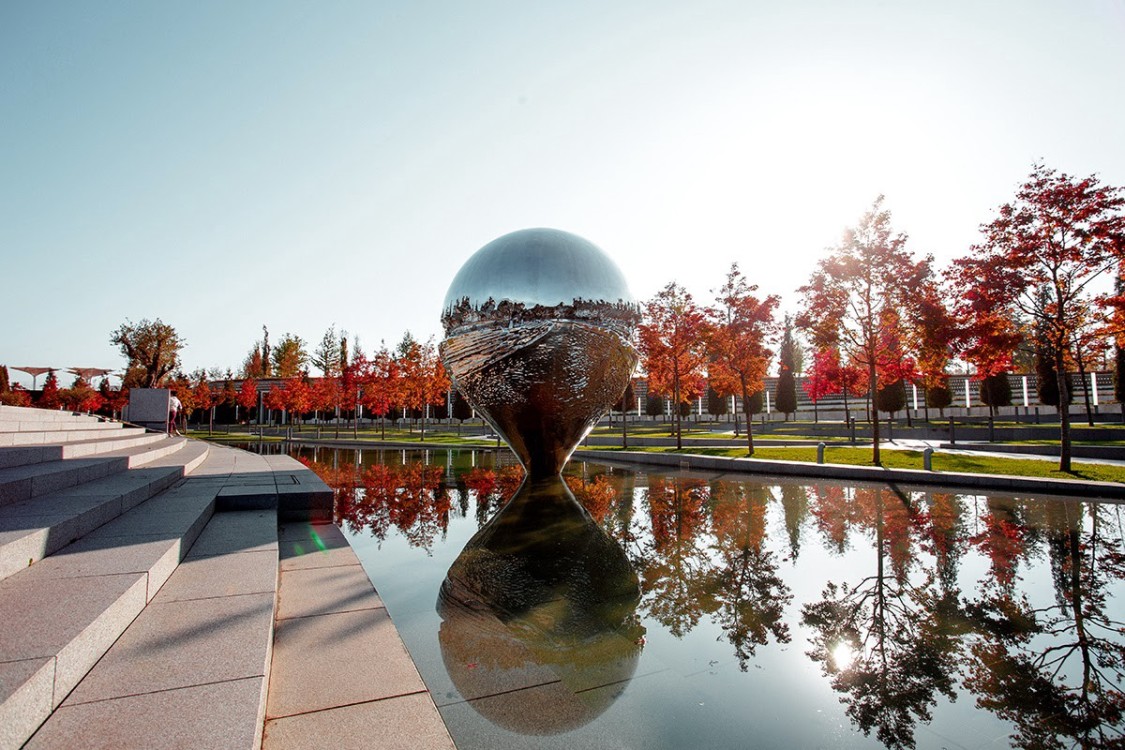
VJ: What was the inspiration behind your inaugural NFT, The Null?
RG: Starting with our first digital artwork in 2008, we discovered a paradoxical nature of the virtual world and its decentralization. We realized that the key geographical point of all Data that has no particular geolocation is Null Island. Paradoxically we could say that it’s a center of a decentralized world, Middle of nowhere, a place with coordinates 0°N 0°E.
Physically, this point is located in international waters in the Gulf of Guinea, in the Atlantic Ocean. The location is used by mapping systems to trap errors. Such errors arise, for example, where an image artifact is erroneously associated to the location by software which cannot attribute a geoposition, and instead associates a latitude and longitude of “Null, Null” or “0,0”.

We like the idea of Null Island being an empty space which is so significant in terms of the information it helps us generate. It underpins a lot of our virtual life and yet in the physical world there is nothing there.
We’ve also placed the AR version of our NFT on Null Island so if someone passes by on a boat in the middle of the ocean, they’ll be able to see the work on their smartphone through the Recycle Group app.
VJ: What do you find interesting about the NFT space?
RG: We like the idea of NFTs because it seems like a new world. We’ve been working with the idea of digital art on smartphones and computers for several years. Back in 2008, we created a work with files which could be sent via SMS and MMS.

The NFT world felt very natural and logical for us. When you’re not just focused on the physics and real objects, you can easily extend into the virtual space and it’s exciting that you can now own something there. It’s a new way, in a new world and we are happy to be a part of it.
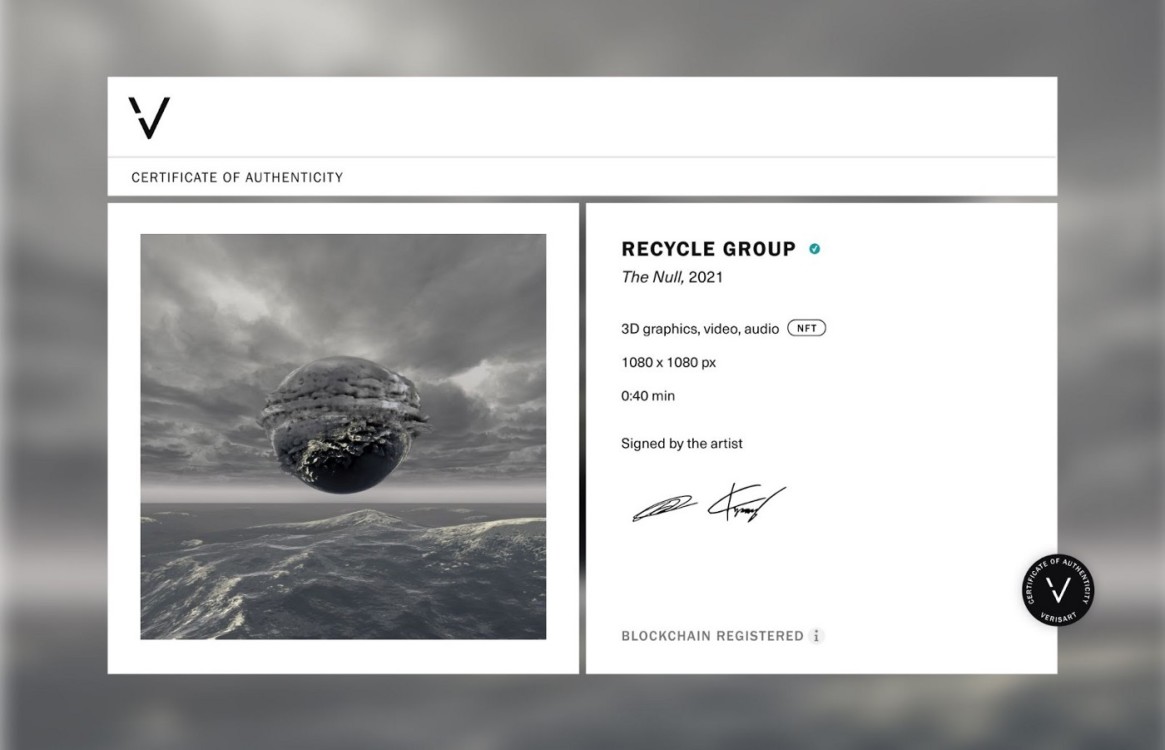
Recycle Group’s inaugural NFT is certified by Verisart, an award-winning blockchain certification platform. Designed to empower artists to tell the story of their work, the digital certificates include additional images, videos and documents. The artists have included exclusive access to a 4K version of the video as well as a downloadable interactive app. For collectors, Verisart’s patent-pending Certificates of Authenticity (COA) form an integral part of collecting NFTs. They provide confidence in the identity of the artist and the verified history of the artwork.
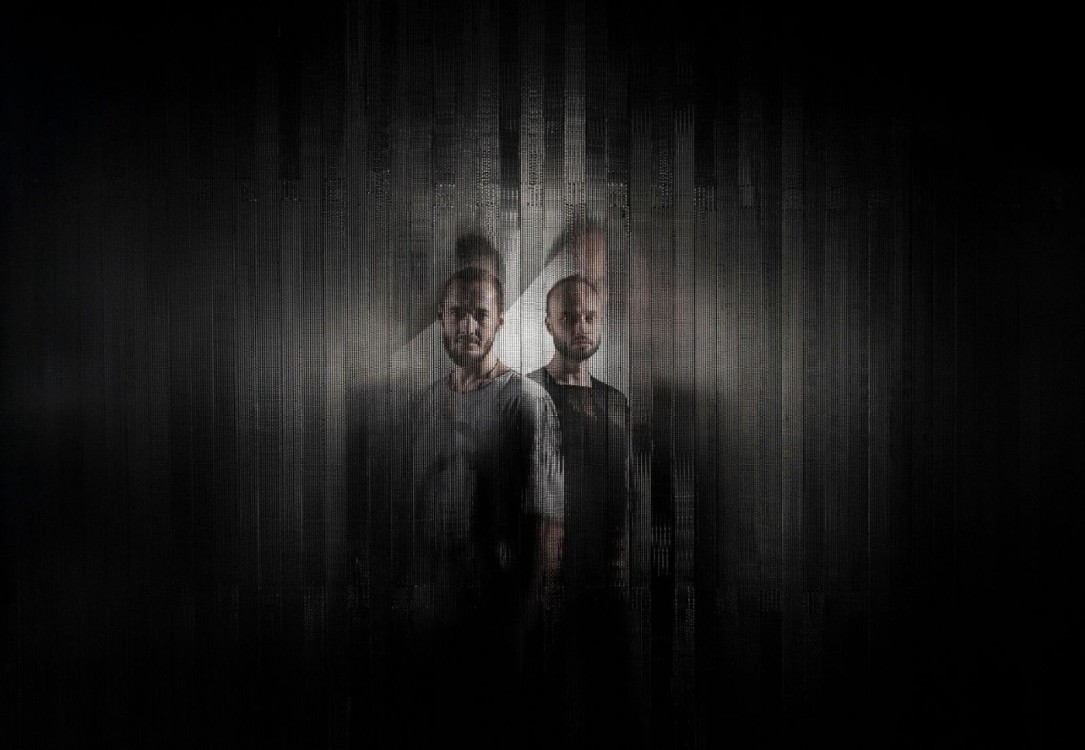
Bidding for Recycle Group’s inaugural NFT, The Null, closes at 12pm EDT on June 3.
Join Recycle Group on ART TALKS WITH VERISART to hear them discuss life, art and tech with Robert Norton, CEO and co-founder of Verisart. Tuesday, June 1 at 3pm EDT/8pm BST on Clubhouse.